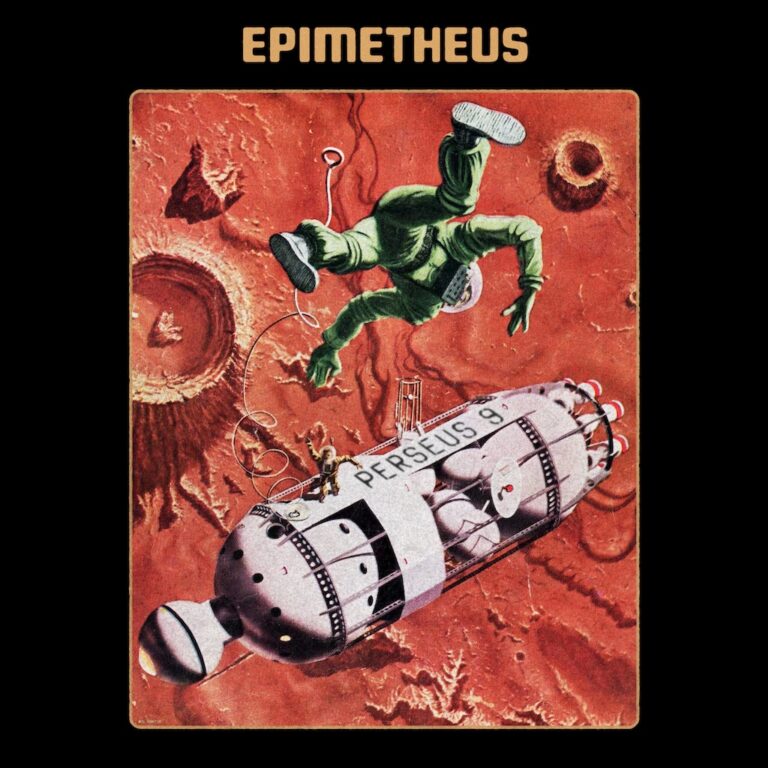
Versions Of The Truth is the thirteenth album from British prog rockers The Pineapple Thief. A darkly personal album that reflects on the nature of truth within personal and societal relationships, it captures the increasingly fragmented nature of life in the twenty-first century as individuals seek their own truths from a variety of sources, ending up in a seemingly inevitable conflict as a result. The album, a self-produced effort by the band members, takes the listener on a musical journey that embraces a variety of emotions and styles, drawing the listener in and keeping their attention over the course of the ten tracks on offer.
Opening with the title track, a slow-burning piece that emerges from hazy ambience and long-held chords, it draws a line between the reflective beauty of No Man and the more dynamic ebb and flow of latter day A Perfect Circle, it’s a beautiful opening track that haunts the listener with its melodies before suddenly exploding into life in a final third that bristles with emption. Adopting a different approach, the grungy grind of Break It All kicks off with a sweet riff, the airy verse, powered by Gavin’s typically sublime percussive flourishes, contrasting nicely with a gritty chorus that gets under the skin and stays there. The acoustic-led Demons is a much calmer number reminiscent of Porcupine Tree’s output circa Stupid Dream. A beautifully delivered example of prog pop with a catchy chorus, it may be a more streamlined Pineapple Thief on display here, but that doesn’t make it any less engaging. It gives way to the short, reflective Driving Like Maniacs which pairs the most skeletal of musical backdrops with some truly beautiful vocal melodies. The first half of the record concludes with the similarly sparse art-rock of Leave Me Be, which builds the tension with a descending chord sequence that culminates in an explosive chorus that bridges the gap between early Radiohead and a tougher take on Genesis. It’s a first half highlight, and it rekindles the flames after the calmer moments of the preceding pair of tracks.
Opening the album’s second half, Too Many Voices is a slight piece that seems rooted in despair and isolation. Musically and lyrically, the track feels defeated, and it takes the dark, broken-relationship tale of Our Mire to up the pace and allow a glistening vein of anger to emerge. Driven by Steve Kitch’s pulsing keyboards and Gavin’s ferocious drums, this lengthy exploration of lost love features a blistering solo that marks the point at which the lyrics shift from self-recrimination to a more defensive lashing out, with the track an easy album high point. The svelte, Out Of Line is another track that draws on latter day A Perfect Circle, albeit with a bluesier guitar style, the band adopting a style best described as ‘doom-pop’, making you wonder if this isn’t how a Gilmour-led Pink Floyd might not sound if they were still active today and tracking with Steven Wilson at the helm. In contrast, the Talking Heads-referencing Stop Making Sense has a Peter Gabriel vibe with its childlike synths and odd shifts before The Game brings the album to its heartbroken conclusion, all silken vocal sand occasional pulses of Massive Attack-esque bass.
A powerful album, Versions Of The Truth does much to reflect the times in which we live. A very English despair hangs over a number of the tracks, and the overall vibe is that of loss rather than defiance. A rather more ambient effort than previous PT outings, the tracks take time to work their way into the consciousness (Break It All and The Mire being notable exceptions), and it requires both time and emotional investment to get the most out of the music on offer. It is time well spent, and for those prepared to make the effort, Different Versions Of The Truth emerges as a very strong record indeed. 8.5


